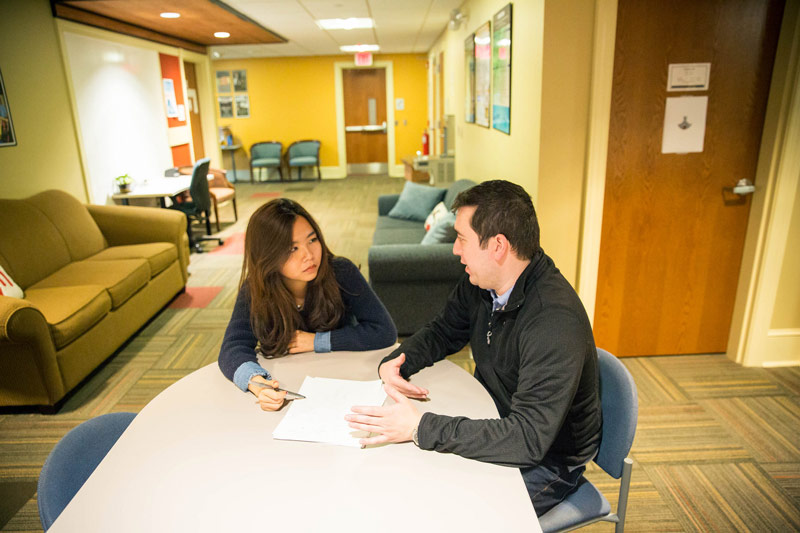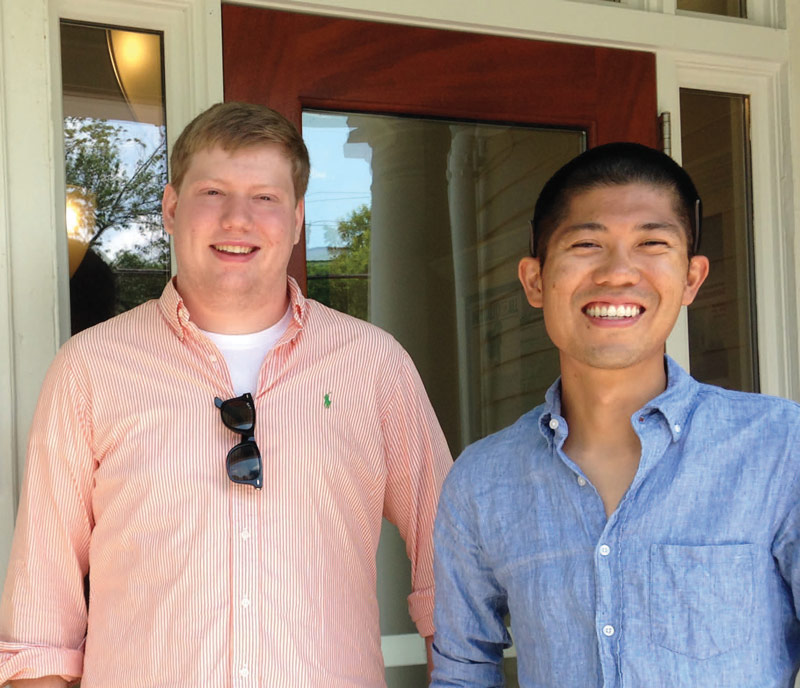Student and Faculty Research in Economics
Read stories about current students and their collaboration with faculty on research.
If you are interested in learning more about the Research Assistant (RA) positions available in the Economics Department, please contact Sue Holz (sholz@gettysburg.edu) for additional information.
2017
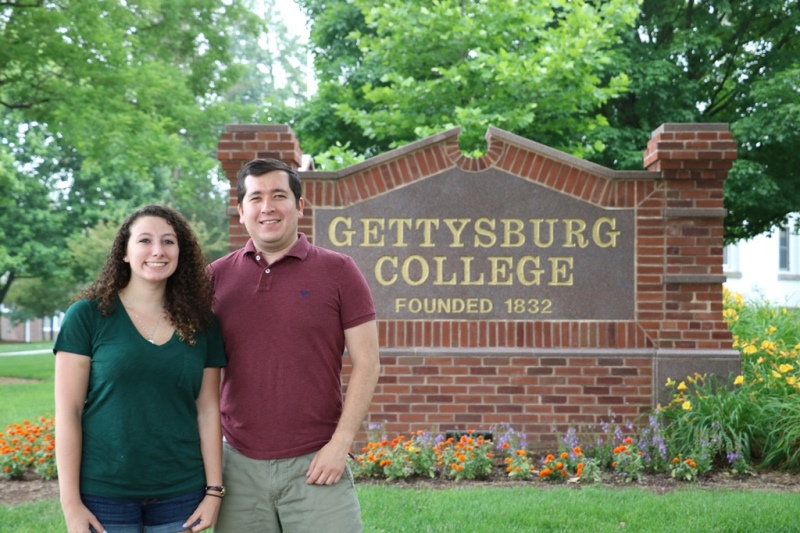
Angelica Marra '18
Railing Grant Recipient - Angelica Marra spent the summer working as a research assistant for Professor O'Brien. She focused on a project investigating the Value of a Statistical Life (VSL) based on automobile purchases. The project measures the additional money consumers are willing to pay for safer cars in order to learn about their willingness to pay for lower mortality risk. Her main task was to resolve a major challenge to identifying the VSL from vehicle choices - that households utilize safer cars and riskier cars in different ways. She spent some of her time researching potential econometric solutions from related literature and implementing those techniques in the context of automobile choice. Angelica's work will be integrated directly into the final research project that is being prepared for publication.
Phoebe Do '17
Mellon Grant recipient working with Professor O’Brien. In her summer project, Phoebe quantifies the social benefits of eliminating the time burden of natural resource collection in Vietnam. She focuses on additional employment opportunities, improved child education, and public health. Her project also examines gender differences in intra-household time allocation in Vietnam. Phoebe’s research is in partnership with Project Gaia, a nonprofit organization that promotes clean, safe and efficient cook stoves powered by alcohol fuels with projects located in eight developing countries. Her research project has direct policy implications and demonstrates a potential welfare increase in the context of three urgent goals for Vietnam: children, women and public health.
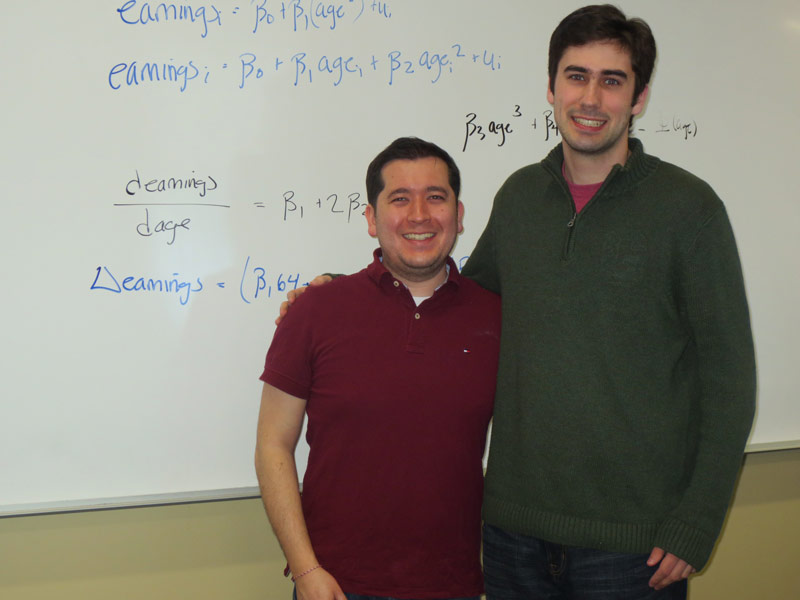
Thomas Segerstrom '17
Mellon Grant recipient working with Professor O’Brien. Tom’s research examines the relationships between global climate change, commodity price volatility, and the coffee market. Building on recent research related to Fair Trade agreements, he investigates the direct effects of temperature and precipitation fluctuations on coffee price volatility, which in turn reduces the welfare of coffee producers. He also examines whether Fair Trade presents a viable option for mitigating the negative consequences of climate change for small coffee farmers by reducing price volatility. As part of his project, Tom will conduct interviews with local Adams County farmers to hear first-hand how climate change affects their agricultural operations and to hear their assessment of Fair Trade policies.
2016
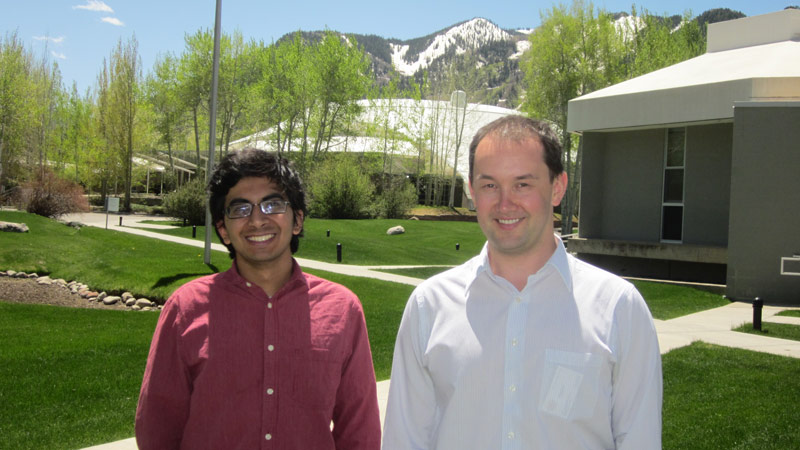
Vishal Bajpai '16
Vishal worked with Dr. Baltaduonis, helping to design experimental software to be used for research of retail energy markets. Vishal and Dr. Baltaduonis demonstrated economics experiments on electric power markets to state regulators at the Institute of Regulatory Law and Economics (IRLE) in Aspen, CO and they took GLEE mobile lab to the Federal Energy Regulatory Commission (FERC) in Washington, DC where they showcased an economics experiment designed to study wholesale electricity markets.
Daniel Oliver '16
Mellon Grant recipient, Daniel Oliver, working with Dr. Lin. Dan’s research analyzes the role that economic uncertainty played in the last economic recession. To do this, he is trying to enumerate uncertainty through three different metrics: the percentage of bonuses as a part of wages, historical stock option pricing, and gold pricing. His concept is that employers will pay workers more in bonuses in times of high uncertainty compared to wages because wages are sticky and will be a bigger gamble to increase. With option pricing, a higher demand and therefore price for options would point to lower uncertainty because options are the riskiest form of stock trading. In times of high uncertainty, the population should be moving away from risky assets. The opposite of that is gold, which is thought to be the least risky and in times of uncertainty the demand should increase because it inherently holds an intrinsic value. Ultimately, Dan will have an index created from these three metrics that can be used to analyze the last recession with and compare to other indexes and indicators from the time period.
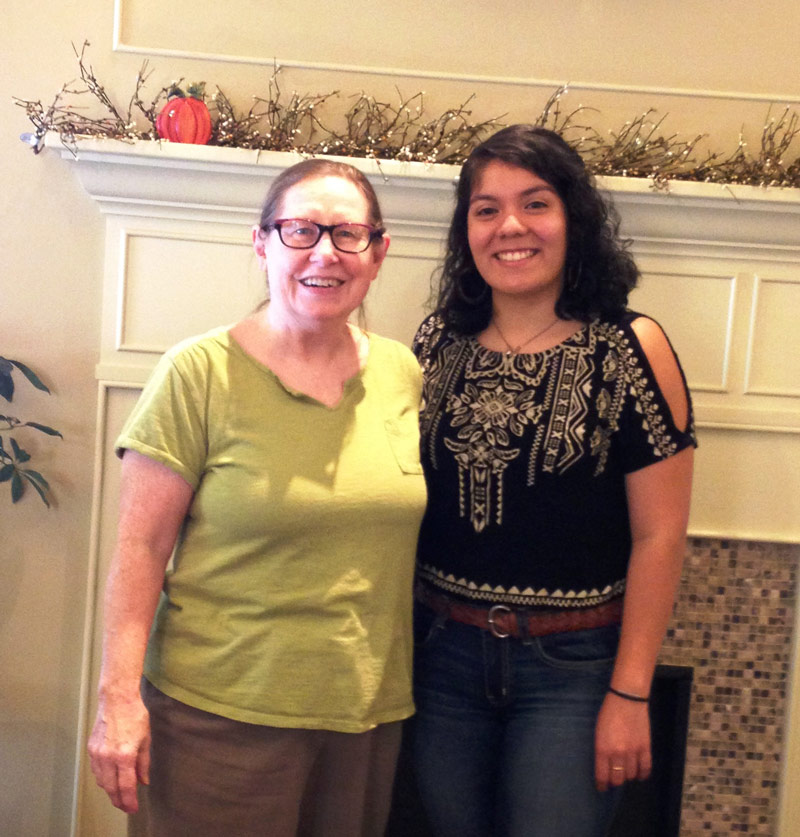
Victoria Perez-Zetune '16
Mellon Grant recipient working with Dr. Fletcher. This summer Victoria conducted 75 surveys to immigrant women from Mexico now residing in Adams County to observe changes in household dynamics due to immigration. She is using the household bargaining theory that states that decision are made based on bargaining power each member of the household has and one’s bargaining power increases when they partake in productive labor. Overall, the idea is to find out how empowering is immigration for a woman since there exists controversy over if joining the workforce is actually empowering for immigrant women or if it is more labor for women without changes in household distribution of labor or in household decisions.
